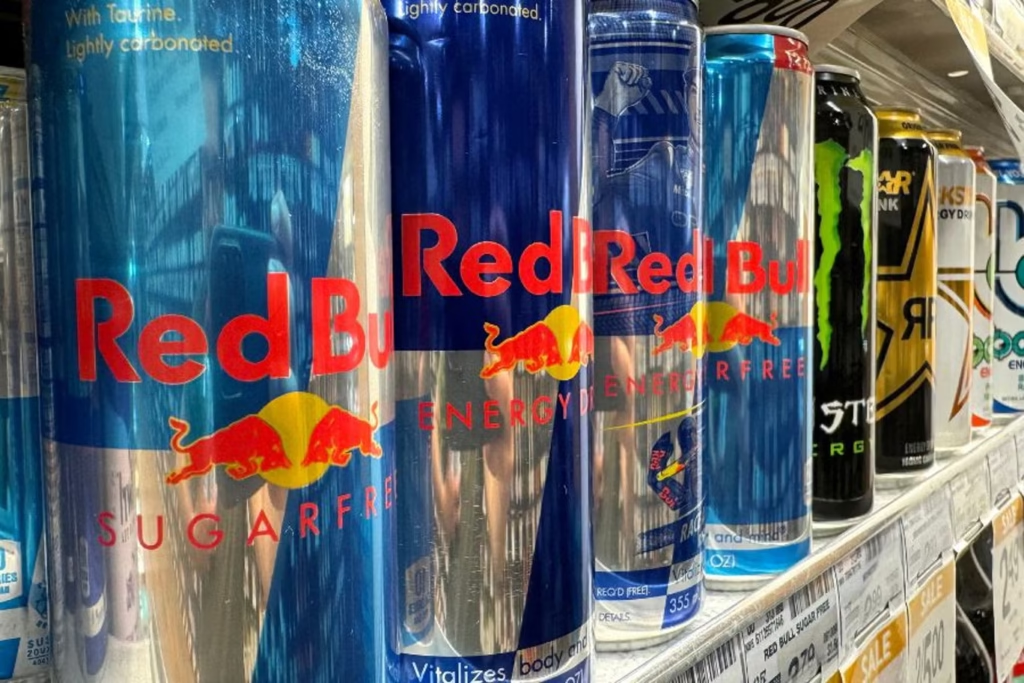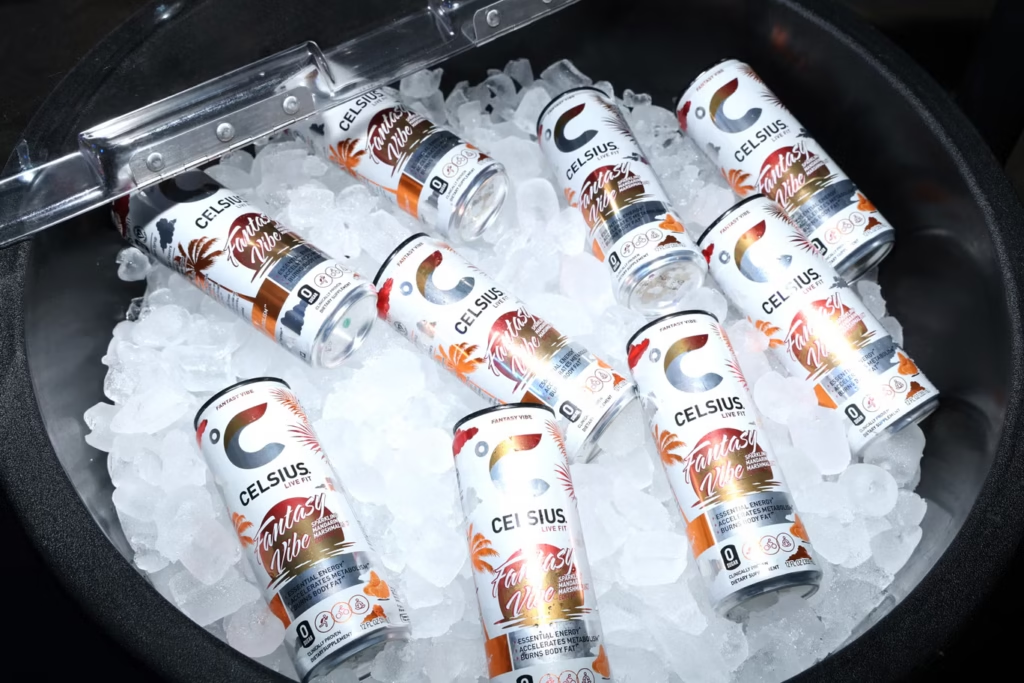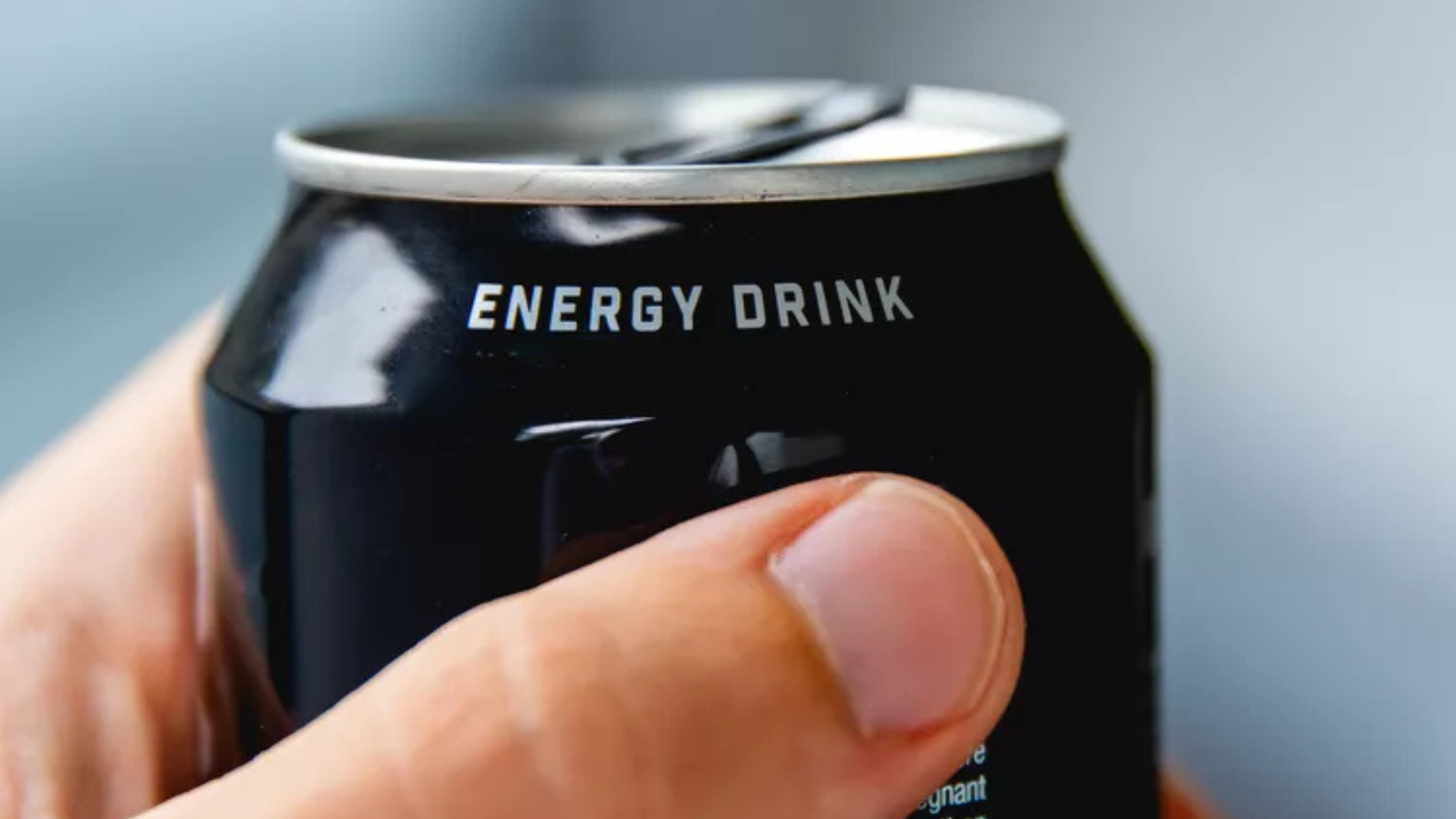Taurine in Energy Drinks May Fuel Blood Cancer Growth, New Study Warns
A recent study published in Nature by researchers at the University of Rochester has identified a potential link between taurine, a common ingredient in energy drinks, and the progression of certain blood cancers, notably leukemia. Taurine, an amino acid naturally found in meat and fish and commonly added to energy drinks like Red Bull and Celsius, appears to fuel cancer cell metabolism, potentially accelerating disease progression.

The study focused on how leukemia cells utilize taurine to support glycolysis, a metabolic process that provides energy for cell growth and division. Researchers discovered that taurine is transported to leukemia cells via the SLC6A6 gene, which facilitates its movement from the bone marrow to the cancer cells. In experiments involving mice and human leukemia cells, blocking taurine intake resulted in slowed disease progression, suggesting that taurine plays a significant role in cancer cell proliferation.
These findings are particularly concerning given that taurine is often used to mitigate chemotherapy side effects due to its antioxidant properties. However, the study suggests that supplemental taurine might inadvertently worsen the disease by providing additional fuel for cancer cells. This raises important questions about the safety of taurine supplementation, especially for leukemia patients and regular consumers of energy drinks.

While the research is still in its early stages, the implications are significant. With approximately 67,000 new cases of leukemia and 23,500 deaths expected in the U.S. this year, understanding the factors that contribute to disease progression is crucial. The study’s authors recommend further investigation into taurine’s role in cancer metabolism and caution against the unregulated use of taurine supplements.
As energy drinks continue to be popular worldwide, consumers should be aware of their ingredients and potential health risks. This study adds to the growing body of evidence suggesting that certain components in these beverages may have unintended and harmful effects on health.
[USnewsSphere.com / nyp]





